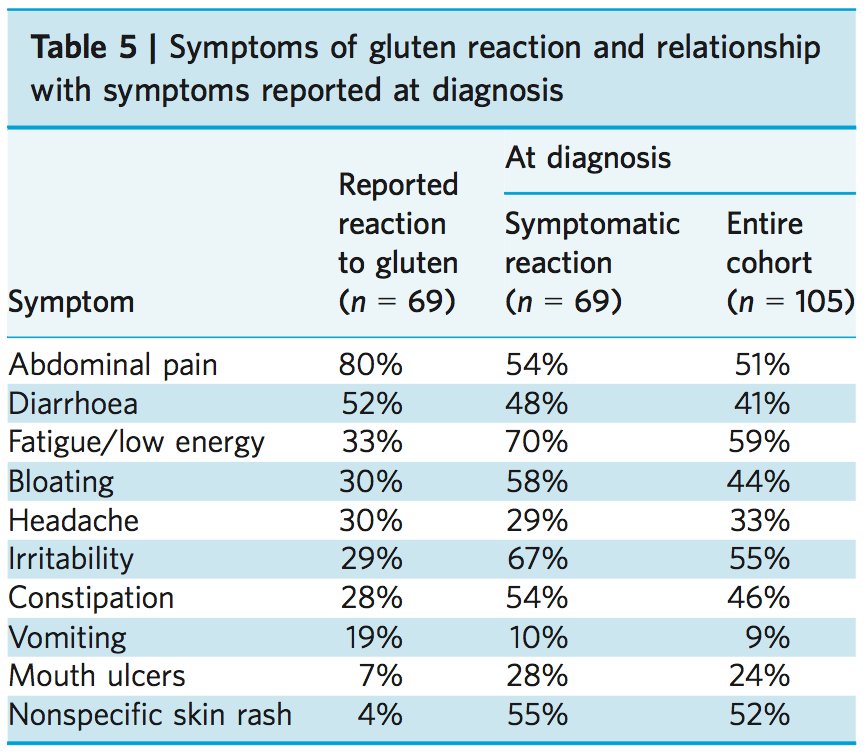Many of those who do not experience gluten-related digestive issues mistakenly believe that maintaining a gluten free diet does not pose much of a challenge. Those in the gluten free community, however, know just how hard it can be to avoid gluten completely.
As revealed in a 2016 study published in Alimentary Pharmacology and Therapeutics, 91% of participants — on a gluten free diet for varying reasons — reported that they experienced gluten exposure at least once per month.
For 63% of them, gluten consumption was unsuspected until symptoms were experienced, indicating just how common accidental gluten ingestion can be when gluten sensitive individuals are not in charge of the preparation of their own food. As noted in the study, “awareness of the intricacies of a gluten-free diet is sub-optimal, even among chefs and food industry workers, and foods which are represented as gluten free may contain clinically significant amounts of gluten.”
The 2016 study aimed to analyse the clinical symptoms associated with, and the circumstances leading to, gluten exposure. The results provided a greater understanding of gluten free diet compliance and ways of mitigating cross-contamination. Two forms of self-reporting were used to evaluate gluten free diet adherence during the study. Issues when ordering in restaurants contributed to 30% of suspected gluten exposures—strikingly, 63% of participants noted that inadvertent gluten ingestion was a contributing factor to their symptoms. Relying on others, foreign-language barriers while travelling and neglecting to monitor food labels were also noted as common contributing factors of gluten contamination. It was found that, of the range of symptoms of gluten reaction, abdominal pain (80%), diarrhoea (52%) and fatigue (33%) were the most common.

In conclusion, this study suggests that inadvertent gluten ingestion is common, even among the most experienced gluten free eaters. This study determined that objective and quantitative tools to monitor gluten free diet compliance—such as faecal gluten protein analysis measures—would greatly improve on our ability to assess gluten ingestion. These new tests, in conjunction with the assistance of enzyme supplements such as GluteGuard, are the new frontier of gluten free diet support.
References:
1. Comino, I, Fernández-Bañares, F, Esteve, M, Ortigosa, L, Castillejo, G, Fambuena, B, Ribes-Koninckx, C, Sierra, C, Rodríguez-Herrera, A, Salazar, J, Caunedo, Á, Marugán-Miguelsanz, J, Garrote, J, Vivas, S, Lo Iacono, O, Nuñez, A, Vaquero, L, Vegas, A, Crespo, L, Fernández-Salazar, L, Arranz, E, Jiménez-García, V, Antonio Montes-Cano, M, Espín, B, Galera, A, Valverde, J, Girón, F, Bolonio, M, Millán, A, Cerezo, F, Guajardo, C, Alberto, J, Rosinach, M, Segura, V, León, F, Marinich, J, Muñoz-Suano, A, Romero-Gómez, M, Cebolla, Á, & Sousa, C 2016, ‘Fecal Gluten Peptides Reveal Limitations of Serological Tests and Food Questionnaires for Monitoring Gluten-Free Diet in Celiac Disease Patients’, The American Journal Of Gastroenterology, 111, 10, pp. 1456-1465.
Contributor: Georgie, Glutagen.











